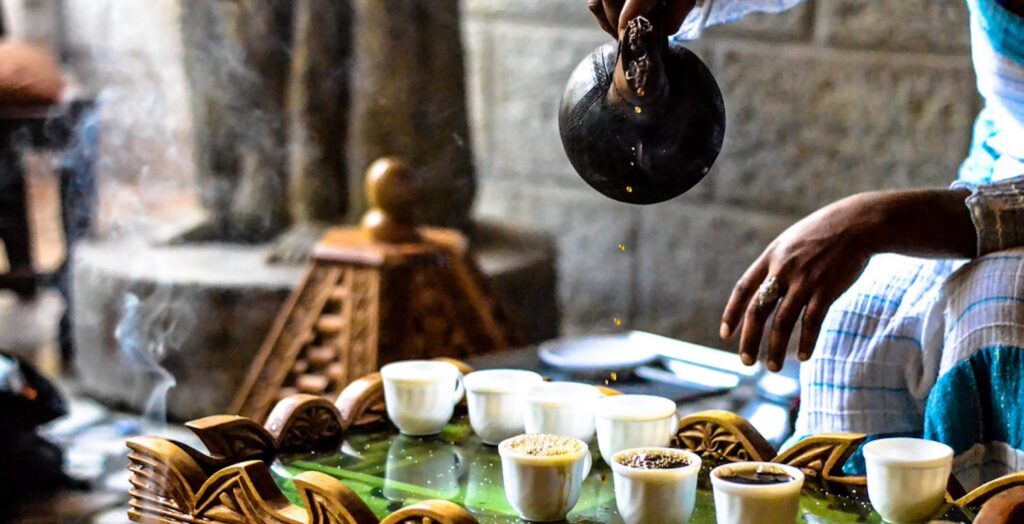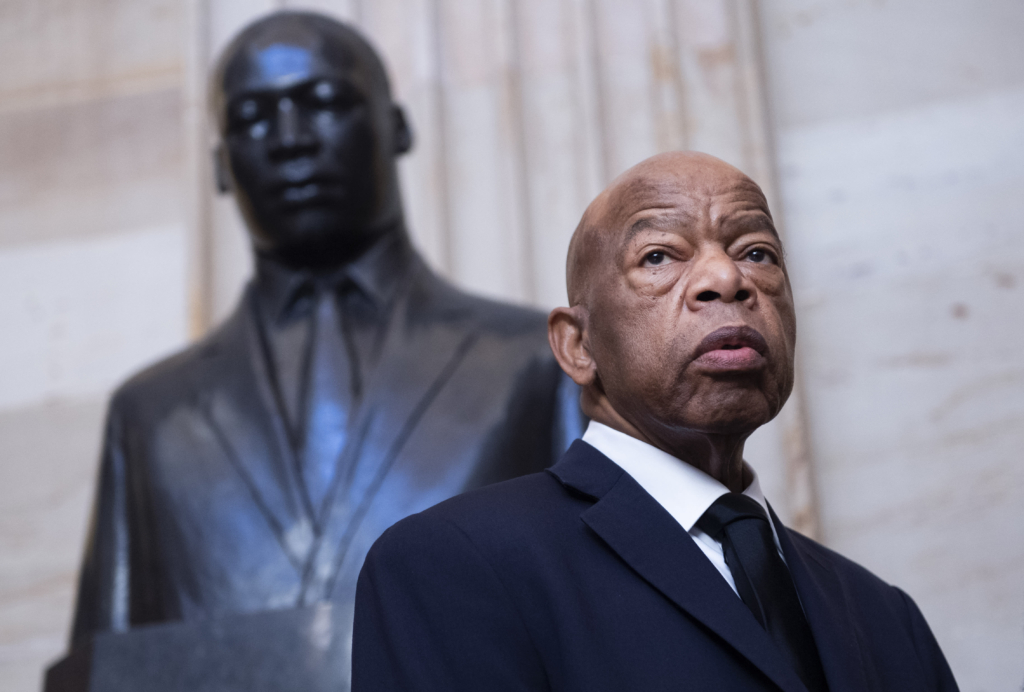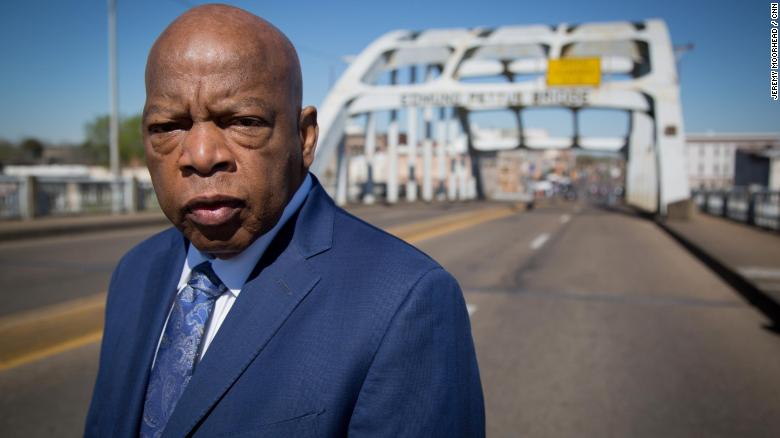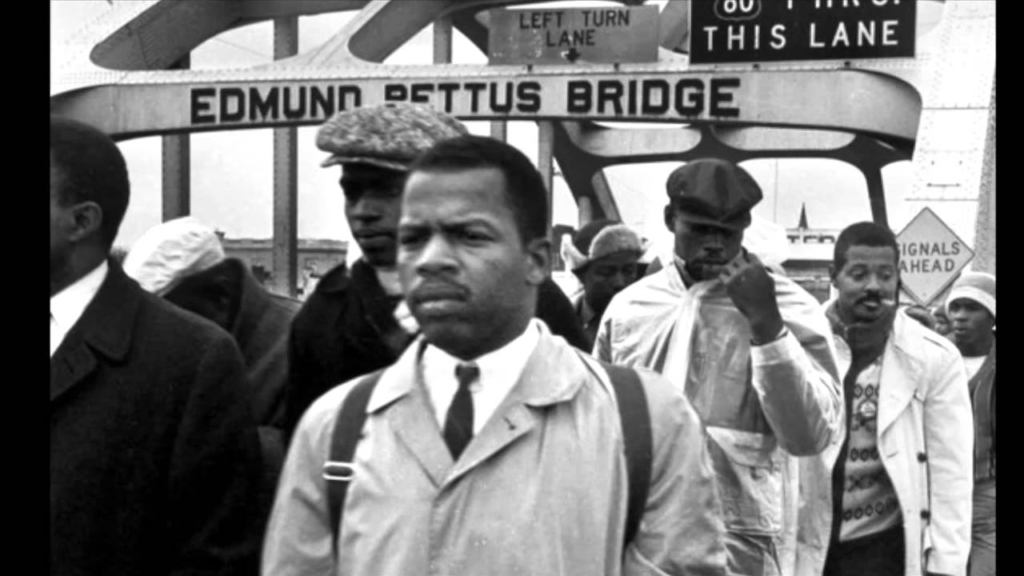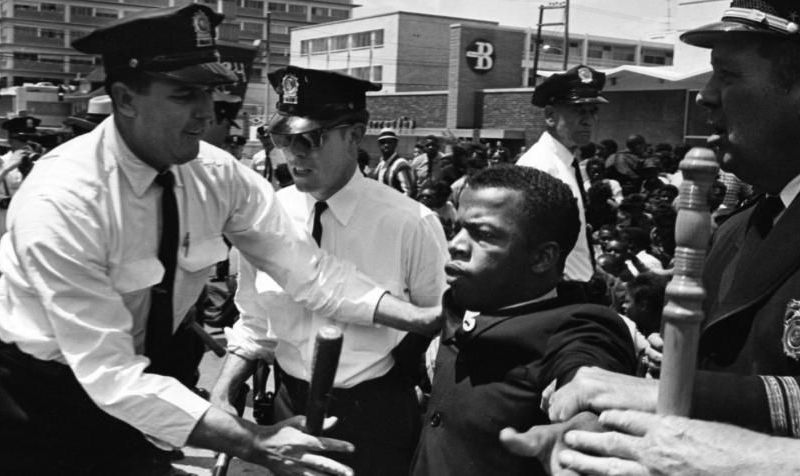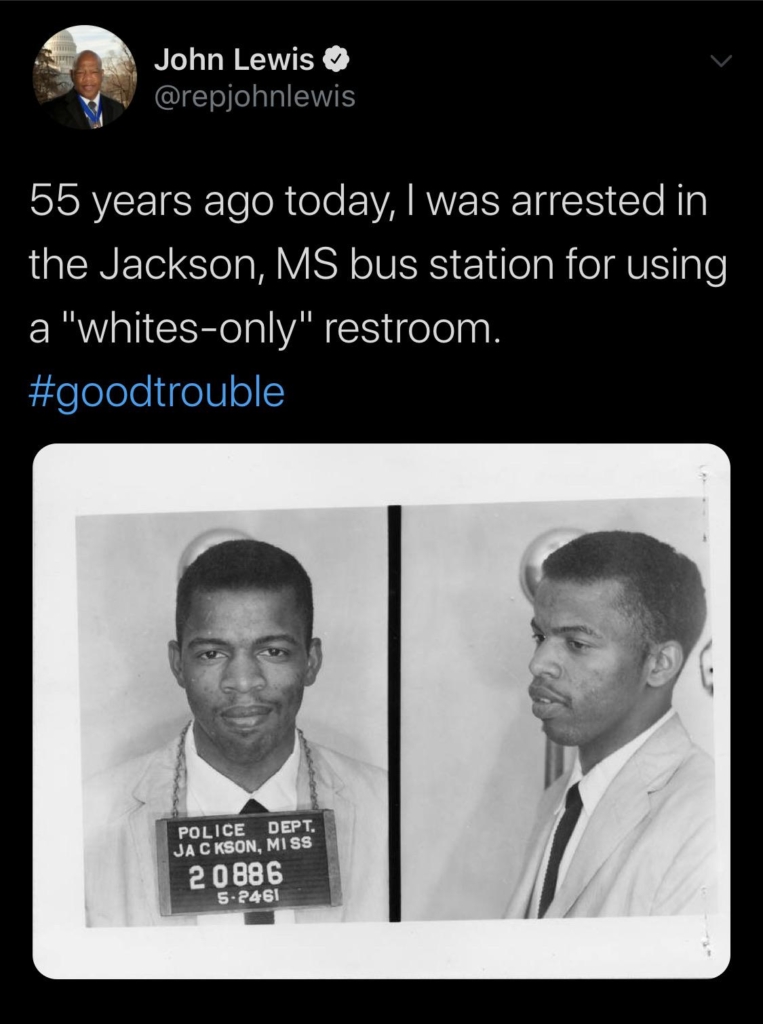Coffee has a rich and fascinating history in Africa, dating back several centuries. The story of coffee in Africa is one of trade, migration, and cultural significance. The journey of coffee from Africa to America was a long and winding road that took many years, but today it is a staple beverage on both continents.
Coffee is believed to have originated in the region of Ethiopia, where it was first discovered growing wild. Ethiopian tribesmen were known to have used the beans for medicinal purposes, as well as to produce a beverage that was used in religious ceremonies. It wasn’t until the 9th century that coffee began to spread beyond Ethiopia, reaching the surrounding countries of Yemen, Egypt, and the Middle East.

The first coffee plantations in Africa were established in the 16th century by the Portuguese, who had colonized many parts of the continent. From there, coffee spread to other European colonies, including the Dutch and French, who established coffee plantations in what are now known as Kenya, Tanzania, and South Africa.
Coffee quickly became an important crop in Africa, providing jobs and income for many people. It also played a significant role in shaping the cultural and economic landscape of the continent. In the 19th century, coffee became a major export from Africa to Europe, with trade routes established between the two continents.
The journey of coffee from Africa to America was a slow and steady process that took many years. The first coffee plant was introduced to the Americas in the early 17th century, but it wasn’t until the 19th century that coffee became a major commercial crop. Today, coffee is a staple beverage in America, with millions of people drinking it every day.
The cultural significance of coffee in Africa and America is undeniable. In Africa, coffee is often associated with hospitality and is a symbol of generosity and friendship. In America, coffee has become an important part of the daily routine for many people, serving as a pick-me-up and a source of comfort and energy.
Coffee has also played a significant role in shaping the history of both Africa and America. For example, in Africa, coffee was an important commodity in the slave trade, with enslaved Africans being forced to work on coffee plantations. In America, coffee was a major part of the civil rights movement, with coffee shops serving as gathering places for activists and leaders.
Coffee shops in America played a crucial role in the Civil Rights Movement by providing a safe and neutral space for activists and leaders to gather and discuss strategies. They were also used as a platform to spread awareness and mobilize people to take action against racial discrimination and inequality.
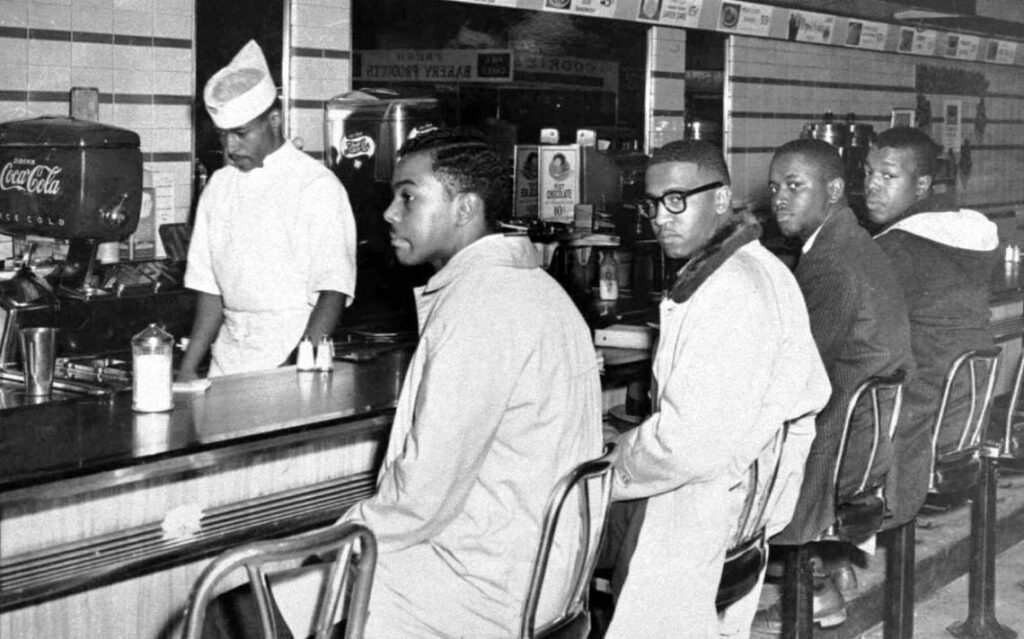
For example, the famous Greensboro sit-ins in North Carolina were started by four African American college students who sat at a Woolworth’s lunch counter, demanding to be served. The sit-ins quickly spread to other cities and became a catalyst for the Civil Rights Movement. Many other similar protests were also organized in coffee shops, which served as meeting places for activists and leaders to plan their actions.
Coffee shops also provided a safe space for artists and musicians to perform and showcase their work. Jazz and blues music, which were popular among African Americans, often had their roots in coffee shops and provided a powerful voice for the Civil Rights Movement. The music conveyed messages of hope, unity, and resistance, and inspired people to come together and fight for their rights.
Today, coffee shops in America continue to serve as gathering places for people from all walks of life. They are places where people can come together to socialize, work, and discuss important issues.

The legacy of coffee as a tool for social and political change lives on, and its cultural significance cannot be underestimated.

